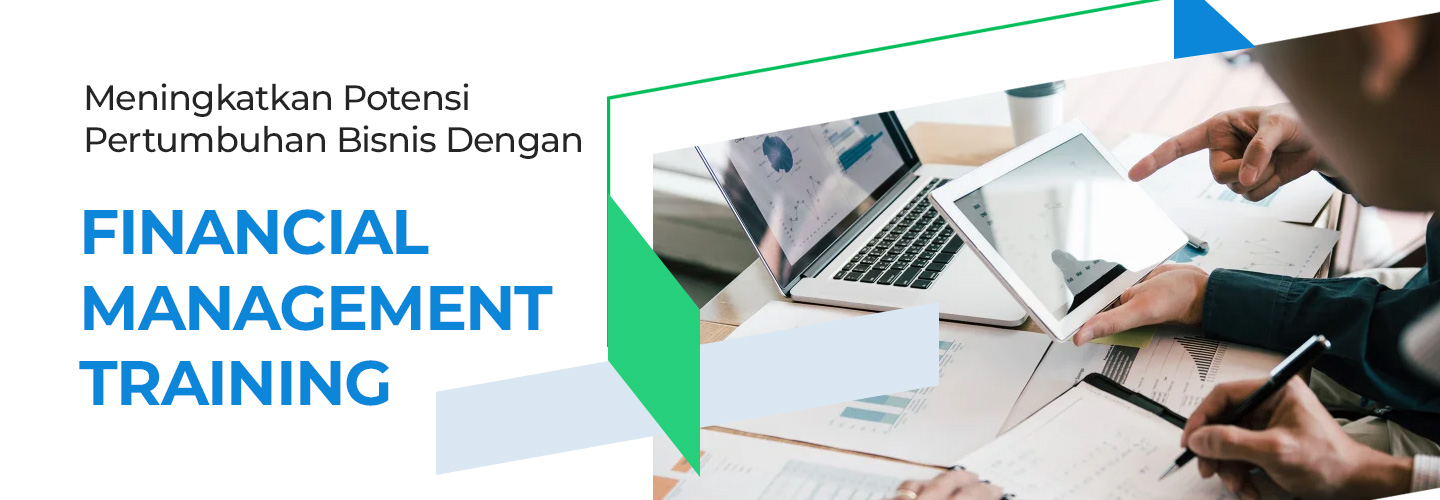Fixed Cost: Examples, and Types
.webp)
Fixed Costs are costs that remain constant and do not change, regardless of fluctuations in a company's production or sales.
Although sometimes considered trivial, a good understanding of Fixed Costs is key to efficient financial management for every business.
In this article, let's thoroughly discuss Fixed Costs, starting from the definition, examples, to the types. Watch until the end, okay!
Definition of Fixed Cost
Fixed Costs are costs that must be paid by a company and the amount does not change even if the company produces more or less goods or services.
Examples include rental costs for business premises, interest payments on loans, insurance, depreciation (the value of assets decreasing over time), and property taxes.
To help you understand better, imagine you have a shop. Even if your shop sells more or less goods in a month, you still have to pay the building rental fee and other fixed costs every month.
Even if the shop has to temporarily stop operating, you still have to pay Fixed Costs.
On the other hand, costs that change according to the amount of goods or services produced or sold are called Variable Costs.
For example, the cost of raw materials to make a product is a Variable Cost because it will increase if the company produces more products.
Example of Fixed Cost
As previously mentioned, Fixed Cost is like a monthly bill that you have to pay.
For example, you open a clothing store business. Every month, there must be a number of bills that must be paid, such as rent for a shop space, permanent employee salaries, insurance, property taxes, and maybe also interest costs for business loans.
Well, all of these bills are examples of Fixed Costs. Here are some examples of Fixed Costs and their explanations:
Rental and contract costs
The rental fee for office space or a factory is an example of a Fixed Cost. Even though the volume of production or sales changes, the rental fee must still be paid every month.
Employee salaries
The salary paid to company employees is a Fixed Cost. Even though working hours or production change, salaries are still paid each period.
Utility bills
Costs for utilities such as electricity, gas, or telephone are Fixed Costs. Although their use can change.
Insurance
Insurance premiums, such as company health insurance or fire insurance for buildings, are Fixed Costs that companies must pay at certain intervals, usually monthly or annually.
Interest payments
Interest costs paid on a company's loans or debts are Fixed Costs. Although the amount of debt or loan may change, the amount of interest costs remains the same.
Depreciation
This is a Fixed Cost that occurs when the value of an asset owned by a company, such as a machine or building, decreases over time. Although the value of the asset decreases, the depreciation cost for the asset remains the same each period.
Property taxes
The taxes that a company must pay on property or assets it owns are Fixed Costs. Although the amount of tax may change, the property tax cost remains the same each year.
Types of Fixed Costs
Knowing about Fixed Costs is very important because it helps you make the best decisions in managing business finances.
Imagine you are developing a business with different branches or departments.
Surely, you want to make sure that the business is profitable overall, right?
Well, sometimes you also have to think about whether there are branches or departments that are less profitable.
At such times, it is important for you to understand the different types of Fixed Costs and analyze their profitability in more depth.
Here are some types of Fixed Costs:
1. Separable Fixed Cost
Separable Fixed Cost is a Fixed Cost that is specifically related to a particular part or business unit. This means that this cost is not mixed with other Fixed Costs in the business.
For example, a company has two departments, namely department A and department B. Each department has its own Fixed Cost.
Now, if the company decides to close one of the departments, let's say department B. Then the Fixed Cost associated with department B will also stop.
However, the Fixed Cost associated with department A will not be affected and will continue to run as usual.
2. Discretionary Fixed Cost
Discretionary Fixed Cost is a Fixed Cost that can be increased or decreased after a certain period of time.
This cost does not change due to an increase or decrease in the amount of sales or production, but is related to the time period.
For example, you spend money on advertising for 5 years and promote your product brand.
After 5 years, when the brand is well-known, then you can decide to reduce the advertising costs. Or, if you want to market your product in another country, you can decide to increase the advertising costs there.
Here are some examples of Discretionary Fixed Cost:
- Advertising costs
- Employee training costs
- Investor relations costs
- Public relations costs
- Research and development costs
So, the point is that Discretionary Fixed Cost gives you the flexibility to change it according to the company's decisions and strategies after a certain period of time.
3. Committed Fixed Cost
Committed Fixed Cost is a Fixed Cost that must be paid by the company regardless of whether other departments or branches are operating or not.
Committed Fixed Cost is often a long-term commitment that has been taken by the company and cannot be changed quickly. Even if the level of activity or sales changes, this cost still has to be paid.
Here are some examples of Committed Fixed Cost:
- Office Rent: ABC Company has a 5-year office lease contract with a Fixed Cost of Rp10,000,000 per month. Even though business activity decreases, they still have to pay the rent every month.
- Manager's Salary: The salary of a factory manager at ABC Company is Rp15,000,000 per month. Even though production has decreased, the company still has to pay the manager's salary.
- Factory Electricity Cost: Company ABC pays the factory's electricity cost of Rp20,000,000 per month based on a long-term contract. Even though the factory is not operating at full capacity, they still have to pay the electricity cost.
Thus, the discussion about Fixed Cost. By understanding the role and influence of Fixed Cost, you can take wiser steps in managing the company's finances.
If you want to find out more about the importance of Fixed Cost for the company, join the Marketing Pricing Strategy program now! Click here to register!


